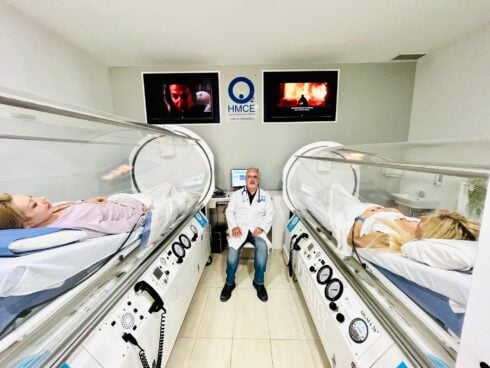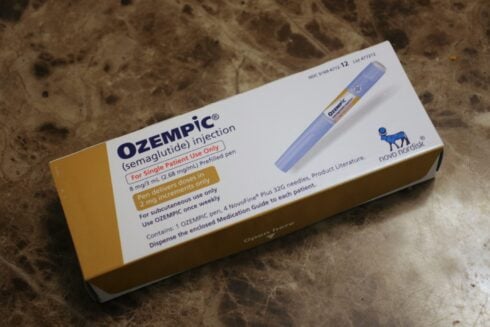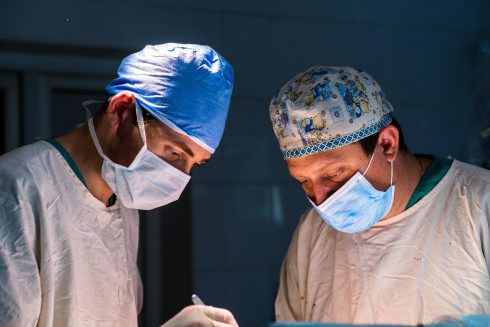THE increasingly high temperatures experienced in Spain could see a surge in thrombosis, doctors have warned.
According to Juan Carlos Reverter (pictured above), the president of the Spanish Society of Thrombosis and Haemostasis (SETH), in extreme heat ‘the blood does not circulate well.’
Speaking to El Español, the expert said there are two heat-related factors that cause people to be at a greater risk of thrombosis.
Thrombosis is when a person’s blood clots due to it becoming thicker or due to their veins becoming clogged, or a combination of the two.
“With heat, the risk of dehydration can be greater and this increases the viscosity (thickness) of the blood,” said Reverter.
Getting heat stroke is also a risk factor as the condition also causes blood to clot.
The president of the European Society of Medical Oncology (ESMO), Andres Cervantes, stated in a recent interview that days with temperatures over 35C could aggravate the condition, as well as those linked to cardiovascular and respiratory diseases.
While Reverter did not wish to narrow it down to an exact temperature, he agreed that the danger of thrombosis increases ‘proportional to the rise in temperatures.’

He said that as the temperatures increase, it will affect not only the most vulnerable patients, but the entire population.
Other risk factors for thrombosis include the contraceptive pill, tobacco consumption or having suffered cancer.
Sitting for a long time in a car or on a plane can also increase the risk, hence the term ‘traveller’s thrombosis’.
But, as far as the impact of heat is concerned, Reverter said those aged 60 and above are at the most risk, as the probability of suffering from deep vein thrombosis increases.
The condition, which is when blood clots from in one or more of the deep veins in the body, affects one in 1,000 people in Spain each year.
Of these, around 5-10% die. The condition is the third biggest cause of cardiovascular deaths, behind only heart attacks and strokes.
“There are many cases,” said Reverter, “but it has not been talked about enough. And its relationship with heat, even less.”
Experts speaking to El Español said the most important things you can do to avoid thrombosis is to remain active by exercising often, as this helps dilate veins and reduce blood pressure.
One should also remain hydrated by drinking lots of water, which helps keep the blood from thickening too much.
During days of extreme heat, people should stay indoors in cooler environments between the peak hours of the day (12pm to 5pm) – particularly those classed as vulnerable.
Click here to read more Spain News from The Olive Press.








